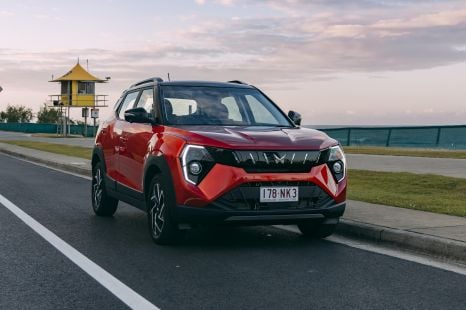

Damion Smy
5 Days Ago

Marketplace Journalist
Hyundai’s largest electric vehicle (EV) yet has been spied testing again, this time draped in a wrap that shows off its body in greater detail.
Spy photos posted to Korean website Autospy reveal the new Hyundai SUV undergoing road testing, with key features like its headlights and taillights at least partially exposed for the first time.
It’s due here early in 2025.
The vehicle was previously spied in June, when it was captured in the United States sporting black camouflage that concealed most of its identifying features.
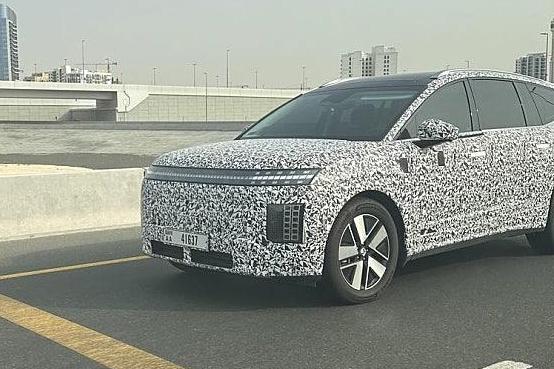
These latest images show pixelated headlights and taillights, aligning it with other Hyundai models like the Staria and Ioniq 5 as well as the previously revealed Hyundai Seven concept that previewed the new flagship.
Overseas reports have indicated the SUV, previously set to be named the Ioniq 7, may instead be dubbed the Ioniq 9.
Doing so would align it with the Kia EV9 with which it’ll share its E-GMP architecture.
It will likely be similar in size to the EV9, which measures 5010mm long, 1980mm wide, and 1755mm tall with a 3100mm wheelbase, though the Seven concept had a 3200mm wheelbase.
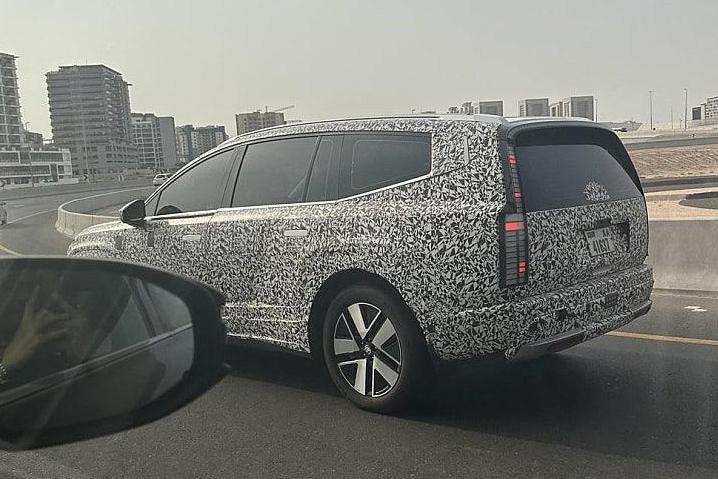
The Ioniq 7/9’s interior was also spied earlier this year, which appears to have some similarities with the new Santa Fe such as the steering wheel, dual-screen setup, and centre console.
Like other new Hyundai models, the gear selector is mounted on the steering column instead of its traditional home on the centre console.
It’s unclear what powertrain options and range the Ioniq 9 will offer, however the Seven concept was said to have had “more than 480km” of range.
The related Kia EV9 opens with a single-motor rear-wheel drive Air variant with 160kW of power and 350Nm of torque.
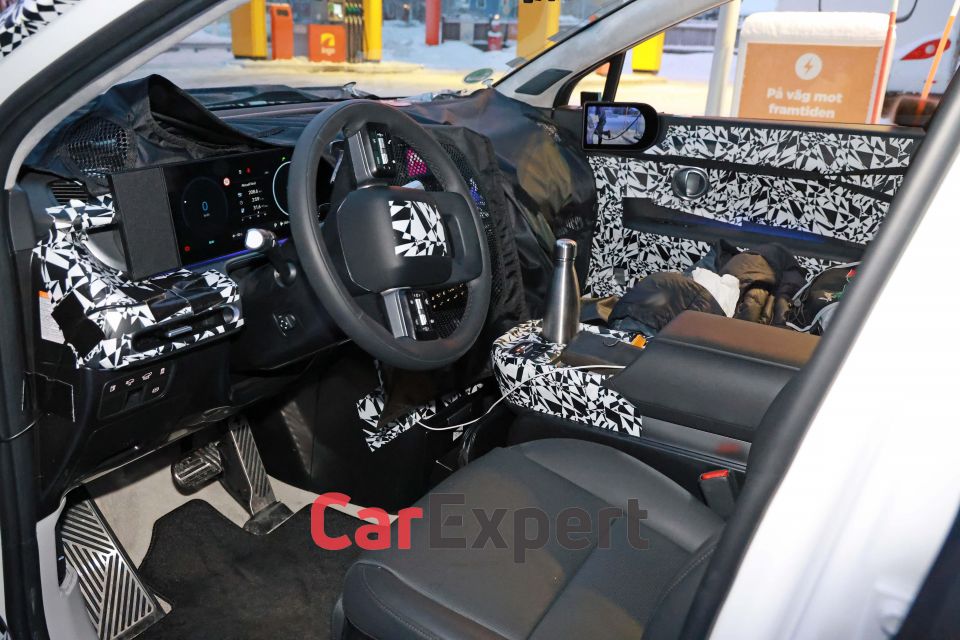
The claimed 0-100km/h time is 8.2 seconds, while there’s a 76.1kWh lithium-ion battery providing 443km of WLTP range.
Both the Earth and GT-Line get a dual-motor all-wheel drive drivetrain, with 141kW/350Nm electric motors mounted to each axle – system outputs are 283kW/700Nm.
These AWD models score a Long Range battery with 99.8kWh of capacity granting them WLTP range of 512km, while all EV9s feature an 800V electrical system.
Quoted 0-100km/h acceleration times differ slightly for the AWD models: the Earth takes a claimed 6.0 seconds and the GT-Line cuts that to 5.3 seconds.
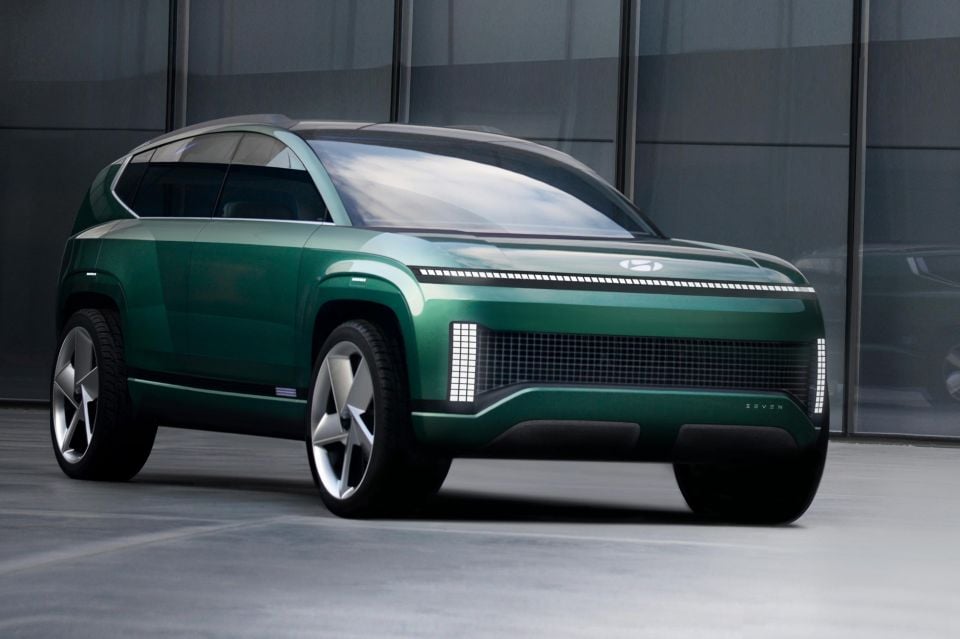
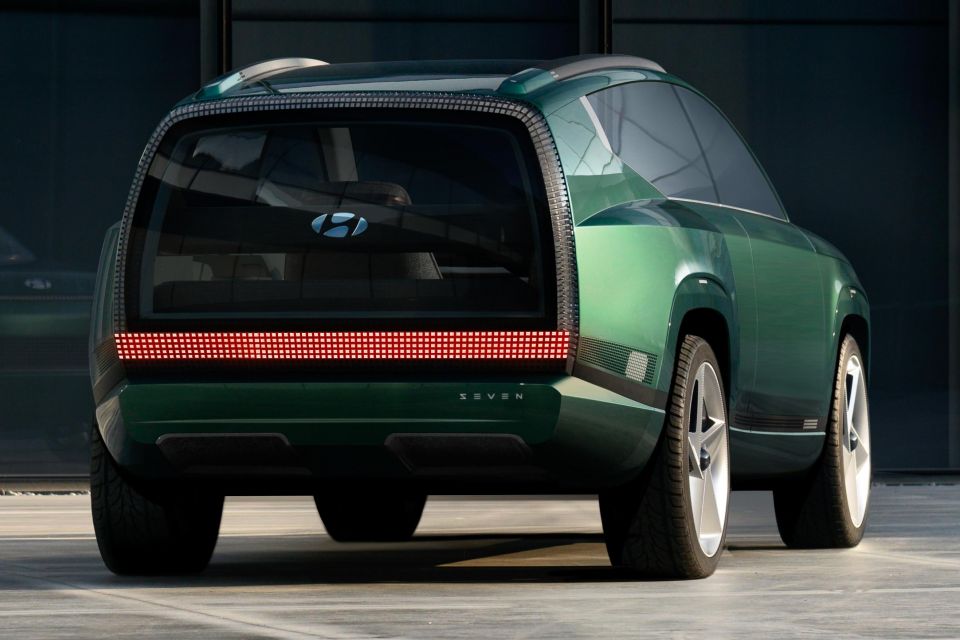
Another question mark over the new Hyundai SUV is its price, though again we can look to its Kia cousin for a potential guide.
Prices for the EV9 start from $97,000 before on-road costs and stretch to $121,000 before on-roads.
Hyundai Australia had previously confirmed its new flagship SUV would arrive locally sometime this year, contributing to its goals to sell 6000 Ioniq-badged EVs in Australia in 2024.
The company has sold only 951 Ioniq-badged EVs so far this year across the Ioniq 5 and Ioniq 6 lines.
MORE: Everything Hyundai MORE: Hyundai Ioniq 9 – Kia EV9 electric SUV rival spied as reveal nears
Take advantage of Australia's BIGGEST new car website to find a great deal on a Hyundai.
Max Davies is an automotive journalist based in Melbourne, Australia. Max studied journalism at La Trobe University and stepped into the automotive world after graduating in late 2023. He grew up in regional Victoria, and with a passion for everything motorsport is a fan of Fernando Alonso.


Damion Smy
5 Days Ago
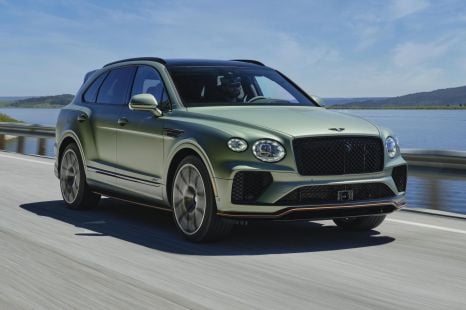

Paul Maric
5 Days Ago
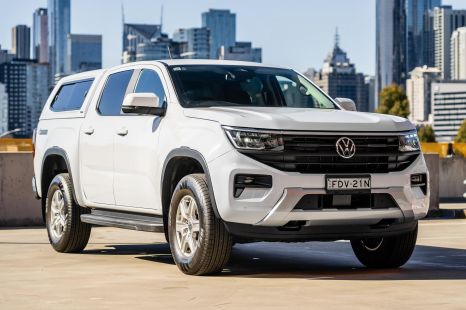

Max Davies
4 Days Ago
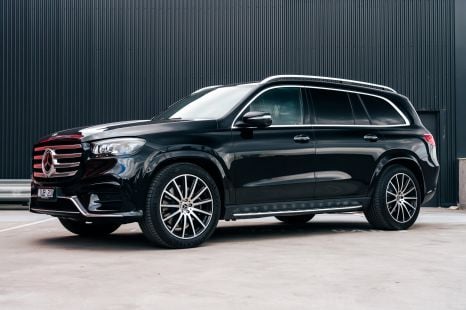

James Wong
3 Days Ago


Matt Campbell
2 Days Ago
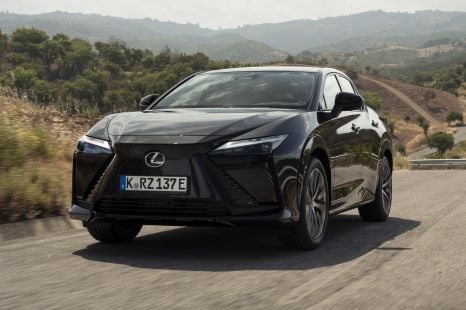

Matt Robinson
7 Hours Ago